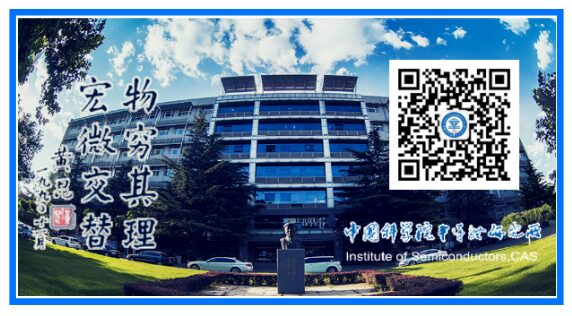
Source: 21ic Electronics Network
Original Author: Wang Xiaoqi
Definition
MCU (Microcontroller Unit) is an electronic product that utilizes microprocessor technology to implement integrated circuits. It includes components such as CPU, memory, input/output ports, timers, and serial ports, capable of performing various functions like data processing, control, and communication.
DSP (Digital Signal Processor) is a microprocessor specifically designed for digital signal processing. It typically uses a pipelined architecture, allowing for fast filtering, transformation, and computation of digital signals.
PLC (Programmable Logic Controller) is a digital electronic device specifically used for industrial control. It comprises CPU, input/output modules, communication modules, and can achieve various functions like logic control, motion control, and data acquisition through programming.
Working Principle
MCU‘s working principle is to execute programs controlled by the CPU, achieving various data processing, control, and communication operations. Due to its high integration, low power consumption, and high reliability, it is widely used in applications that require miniaturization, low power, and cost sensitivity.
DSP‘s working principle involves high-speed floating-point arithmetic units and pipelined architecture to perform filtering, transformation, and computation of digital signals. Due to its fast processing speed and low power consumption, it is widely used in audio processing, image processing, and radar signal processing.
PLC‘s working principle is to achieve logic control, motion control, and data acquisition through programming, enabling the development and operation of industrial automation control systems. With good stability, reliability, and real-time performance, PLCs are widely used in the industrial control field.
Application Areas
MCU is widely used in various embedded systems, including industrial automation, home appliances, smart homes, and electric vehicle control. MCUs can collect data through various sensors and then process and control it.
DSP is widely used in audio signal processing, image processing, video encoding/decoding, and radar signal processing. DSPs can perform signal processing and analysis using digital filtering and FFT algorithms.
PLC is widely used in industrial automation control systems, including machine tool control, assembly line control, robot control, and power system control. PLCs can achieve logic control, motion control, and data acquisition through programming.
Comparison of Advantages and Disadvantages
4.1 MCU
Advantages:
• High integration, small size, low power consumption, low cost;
• Strong programmability, customizable for specific applications;
• Fast processing speed, capable of real-time control.
Disadvantages:
• Limited processing capability, not suitable for complex digital signal processing;
• Requires external peripheral interfaces to communicate with the outside world.
4.2 DSP
Advantages:
• Fast processing speed, capable of complex digital signal processing;
• High integration, low power consumption, low cost;
• Strong programmability, customizable for specific applications.
Disadvantages:
• Limited generality, suitable only for digital signal processing fields;
• Requires external interfaces for communication with the outside world.
4.3 PLC
Advantages:
• High stability and reliability, capable of adapting to harsh industrial environments;
• Strong programmability, customizable for specific applications;
• Good real-time performance, capable of real-time control.
Disadvantages:
• Slower processing speed, not suitable for complex digital signal processing;
• Larger size, higher cost.
Conclusion
In summary, MCU, DSP, and PLC each have their own characteristics and application areas, and the choice depends on the specific application. If digital signal processing is needed, DSP can be selected; if real-time control and data acquisition are required, PLC is the choice; if miniaturization, low power, and cost sensitivity are priorities, MCU is appropriate. Of course, in practical applications, these three technologies can also be used in combination to meet more complex and diverse needs.
Additionally, there are connections between these three technologies. For example, in some industrial control systems, MCUs can work with PLCs, where the MCU is responsible for data collection and simple data processing, while the PLC handles logic control and motion control; in some audio and image processing systems, DSP can work with MCU or PLC, where the DSP handles digital signal processing, and the MCU or PLC manages control and communication. Therefore, these three digital electronic technologies are not independent; they can complement each other to achieve more complex and diverse applications.
Overall, these three digital electronic technologies are essential components of the digital age, and their development and application will continue to drive the advancement of the digital era.
END
This content is reprinted and represents the author’s views only.
It does not represent the position of the Institute of Semiconductors, Chinese Academy of Sciences.
Editor: March
Chief Editor: Mu Xin
Submission Email: [email protected]
1. The Institute of Semiconductors has made progress in the research of bionic covering-type neuron models and learning methods.
2. The Institute of Semiconductors has made significant progress in inverted structure perovskite solar cells.
3. Why is copper used as interconnect metal in chips?
4. What exactly is 7nm in chips?
5. Silicon-based integrated optical quantum chip technology.
6. How anomalous is the quantum anomalous Hall effect? It may lead to the next information technology revolution!

